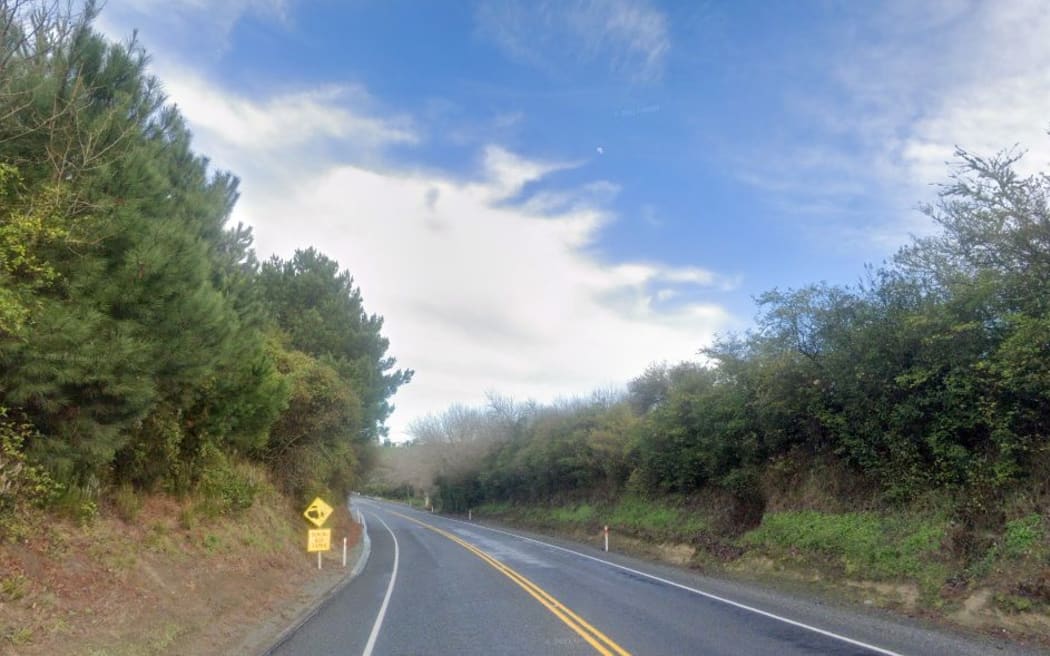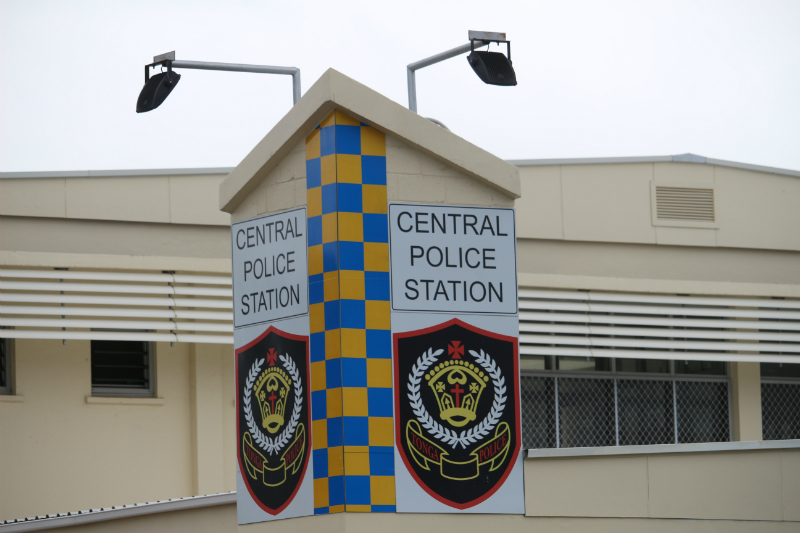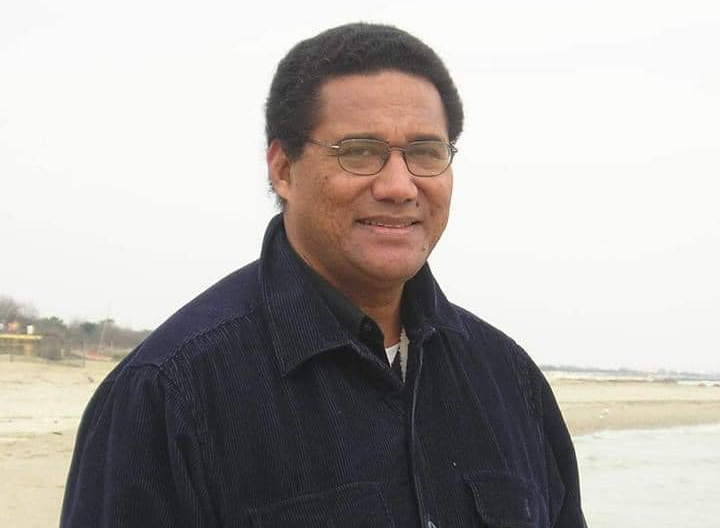Minister for Pacific Peoples Aupito William Sio began a speech to introduce a new health Action Plan for Pacific Peoples recently by singing a well-known spiritual.

The Minister asked about 100 guests to join him in singing Swing Low Sweet Chariot, visibly heightening the emotion at the Fale O Sāmoa in Mangere.
Afterwards, the Minister briefly reminisced about how the song had become popular in Samoa. He said it brought to mind people who pursued difficult tasks and those who prayed for the success of those tasks.
Hon. Sio was speaking at the launch of the Pacific Health Promotion Action plan.
The Minister said the plan was designed to address the inequity in the New Zealand health outcomes.
The new initiative for the Pacific Peoples has been given the Tongan name Siu Ki Moana, meaning to travel, to sail or to fly over deep water.
He acknowledged the use of Pacific peoples’ knowledge, wisdom, cultural values and practices as centrepiece of the plan.
The Minister said the only way for the Pacific Peoples to address their own problems was to totally abandon what he referred to during his speech as “colonial approach to health education”.
He compared his statement to the African-American writer and civil right activist who fought for Black American rights, Audrey Geraldine Lorde. Lorde wrote the “The master’s tools, will never dismantle the master’s house”. It was a metaphor which was interpreted as meaning the people could not solve problems of oppression working with the tools of a system of oppression.
Hon. Sio said the only way forward for Pacific Peoples to get rid of the inequity was to start fresh and create their own tools.
“Where do you get the inspiration to create your own tools?” he asked.
“Our traditional knowledge, our cultural intelligence, the stories that are carried in our songs, in our poetry, in our oratory”.
Siu Ki Moana was created for Pacific peoples to enjoy the full benefits of equitable health outcomes.
Siu Ki Moana represented the journey of Pacific youth, not only in developing this plan but also in their roles and positions within their community. It offered advice on how to work towards equitable Pacific health promotion by doing things differently where necessary.
This meant Pacific Youth would create and deliver health messages, Pacific Communities were enabled to advocate for change, Pacific Communities could access funding easily, health workforce teams were culturally intelligent and connected and health promotions and service delivery was cohesive and connected.
Alongside the launch of Siu Ki Moana, was the announcement of the Tanoa Community Grants programme which provides a pool of funding to local Pasifika communities who are well connected, trusted and well placed to improve health and wellbeing outcomes and address inequities.











